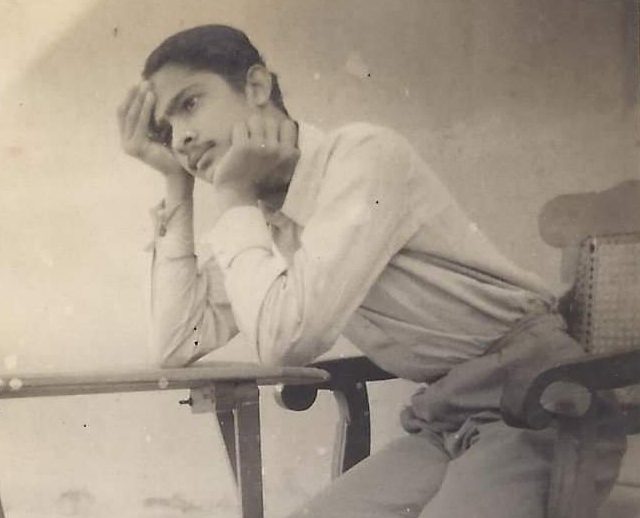
Hailing from Taib village of Larkana Sindh, the Jaisinghani family was in Karachi for holidays when the partition took place and they stuck up. On 6 January 1948 violence erupted but the Muhajirs told everyone who came that there were only Muslims in the building.
Saaz Aggarwal
[As 6 January approached, Kartar Jaisinghani was very much on my mind and I wanted to share the story he told me about what happened to him and his family on that day in 1948. Yesterday, sadly, I received a message from his daughter that he was no more.
Kartar was 87 years old and had led a successful and fulfilling life. He was born in August 1935 in Taib Village, Sindh, and his father, Jessaram Jaisinghani, was a teacher in Dharamsabha High School, Shikarpur.
Like other Sindhis of his generation, Kartar had lived through the turmoil of Partition as a child, and had very vivid memories. The family spent their holidays in Karachi, and that is where they were on 14 August 1947 when Pakistan was born. They were thinking about migrating across the new border, but were still in Karachi on the fateful day of 6 January 1948.
Please share this story with others and help me to keep alive Kartar’s memories of how, when the mob attacked, it was Muhajirs who saved him and his family]
Sindh: Stories from a Vanished Homeland
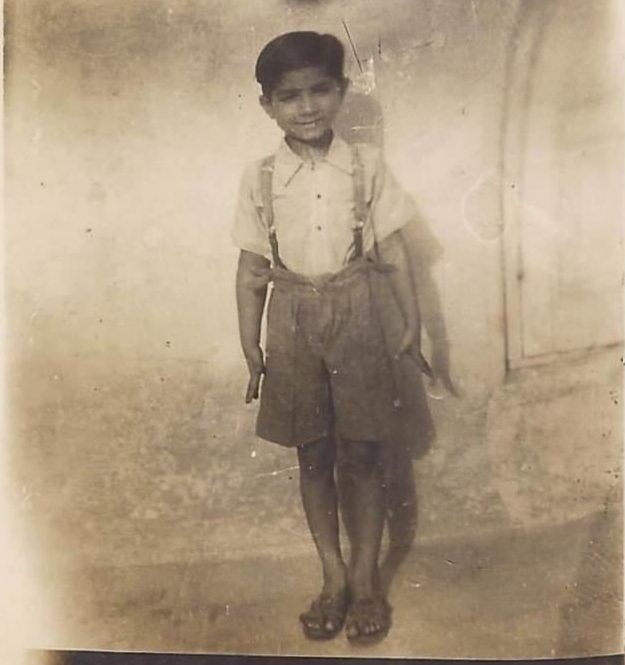
I was born in the village Taib in Larkano district, a small village belonging to the Jaisinghani families. We were zamindars. The Bhutto family’s lands adjoined our village and we had frequent disputes over water, which was sometimes scarce. The houses were made of brick – there was no concept of cement or concrete in those days. We were well off, had a horse-driven cart with seats for four, and a motorcycle, and employed a number of farmers who lived on the land and tilled it. The house was large and our rooms were upstairs. Downstairs was the otaak, a big room where the menfolk gathered. Their food was served to them there. In Taib, we ate our meals sitting on cots. Women sat separately in their section of the house. We had kitchen, bathroom, and toilets inside the house. During the hot weather, we slept in the angan.
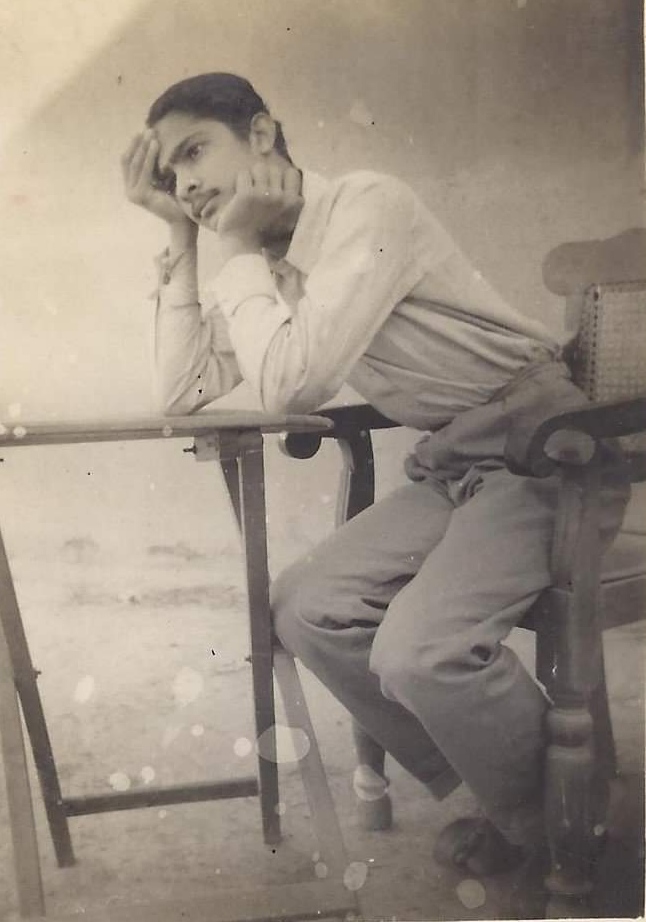
We believed in the teachings of Guru Nanak and visited the gurdwara, which we called tikano, and observed all religious days in the name of Guru Nanak.
There was a bus from Ratodero to Larkano which passed through Taib village. Nearby villages were Banguldero, home to the Vaswani and Badlani families, and Khairodero, home of the Bijlanis.
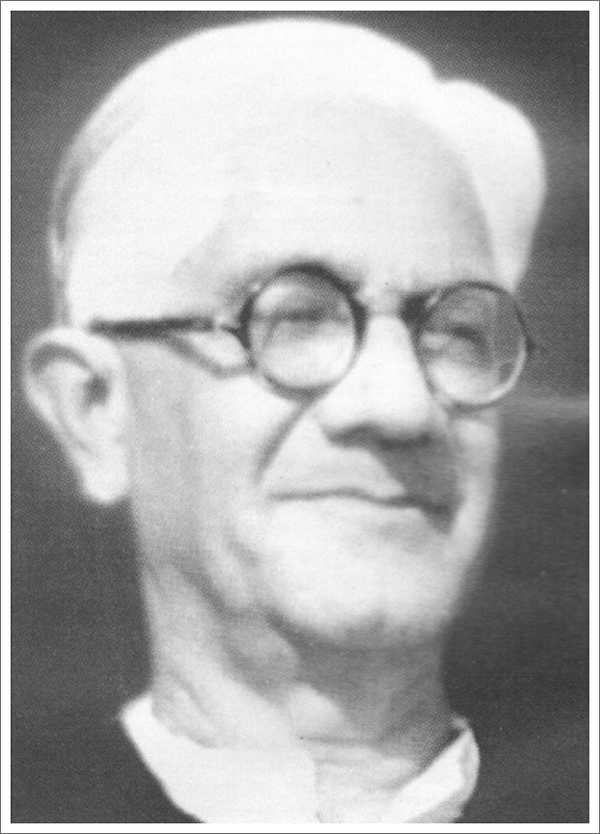
My father Jessaram Jaisinghani studied in Shikarpur and then worked as a teacher in Dharamsabha High School. My mother and we children were taken to live with him in Shikarpur when I was six years old. I had my primary education in Shikarpur.
We spent our holidays in Karachi and on 14 August 1947 when Pakistan was born, that is where we were. We had been thinking about migrating to India but were still there on the fateful day of 6 January 1948.
That morning, my elder brother Nand was to take our chachi to the city. Our neighbors on the ground floor were Muslims who had migrated from Bihar a few months earlier. They must have known something was going to happen, because they rushed to Nand and begged him not to leave the house that day. They invited us to come and hide in their house where they would protect us from harm. We were grateful, but what could we do? How could we go and stay with people we hardly knew, who were of the other community?
These Muhajirs understood our dilemma. They came to our house, hung curtains on the windows and hoisted the Muslim League flag in the balcony. They assured us that if a mob came they would point to the balcony and say that no Hindu lived in the house. The mob came twice, but our kind neighbors saved us.
That day I saw terrible things that I will never forget. People were being butchered in the streets. The Muhajirs told everyone who came that there were only Muslims in the building and nobody disturbed us.
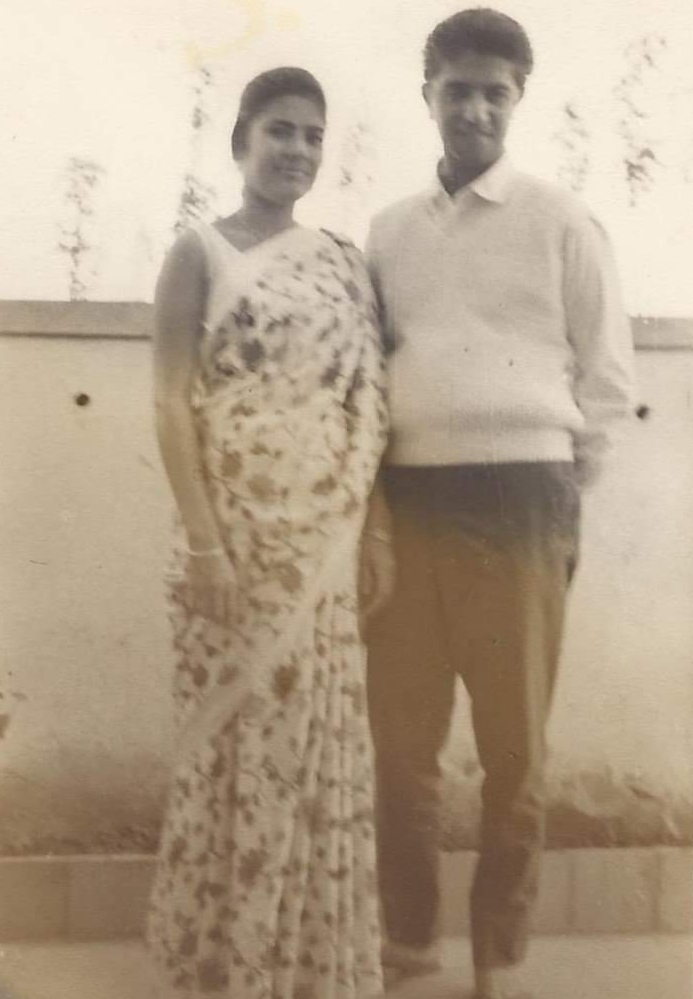
We left Karachi for good, sailing to Okha port in Saurashtra. From Viramgam, we got into the Bombay train. But it was 30 January 1948, the day Gandhi was assassinated. Our train was terminated at Ahmedabad station and everything was at a standstill. We stayed for one week on Platform Number One. There were curfews. After some days, we moved to a til oil mill which had been converted into a camp for refugees.
My father rented a house on the outskirts of Ahmedabad and joined Mahatma Gandhi High School as a teacher. We had to walk twelve miles every day to the school. It was a hard time but we never felt a sense of poverty since we were always aware that we belonged to a noble, zamindar family.
My father became principal of the school. He was still working when he passed away on 24 February 1967. All the schools of Ahmedabad closed for one day as a mark of respect to my father Jessaram Jaisinghani.
_______________________
Courtesy: Saaz Aggarwal/Sindh Stories
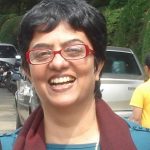 Saaz Aggarwal is an independent researcher, writer and artist based in Pune, India. Her body of writing includes biographies, translations, critical reviews and humor columns. Her books are in university libraries around the world, and much of her research contribution in the field of Sindh studies is easily accessible online. Her 2012 Sindh: Stories from a Vanished Homeland is an acknowledged classic. With an MSc from Mumbai University in 1982, Saaz taught undergraduate Mathematics at Ruparel College, Mumbai, for three years. She was appointed features editor at Times of India, Mumbai, in 1989.
Saaz Aggarwal is an independent researcher, writer and artist based in Pune, India. Her body of writing includes biographies, translations, critical reviews and humor columns. Her books are in university libraries around the world, and much of her research contribution in the field of Sindh studies is easily accessible online. Her 2012 Sindh: Stories from a Vanished Homeland is an acknowledged classic. With an MSc from Mumbai University in 1982, Saaz taught undergraduate Mathematics at Ruparel College, Mumbai, for three years. She was appointed features editor at Times of India, Mumbai, in 1989.